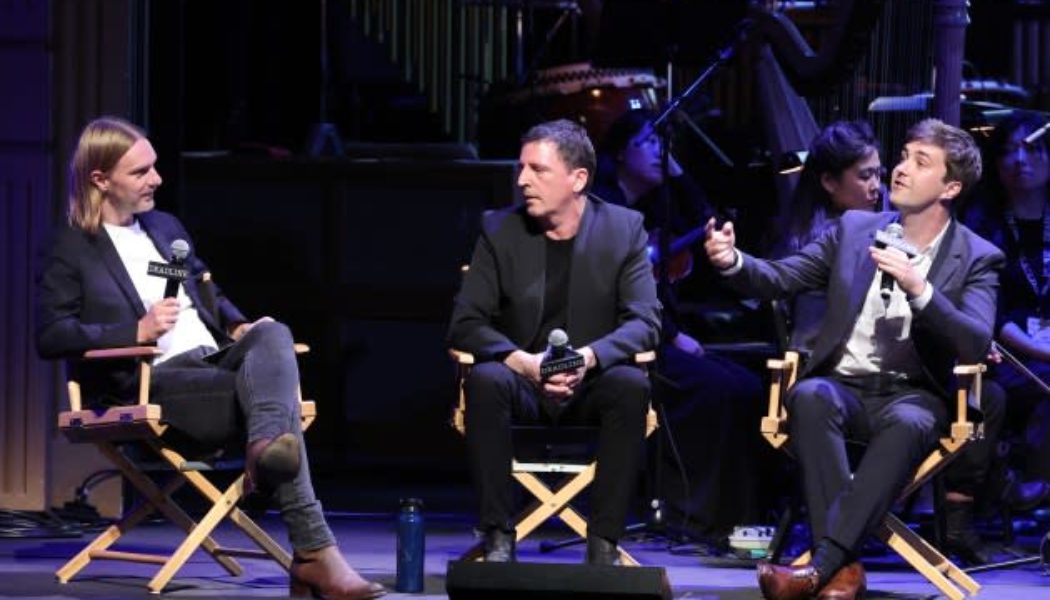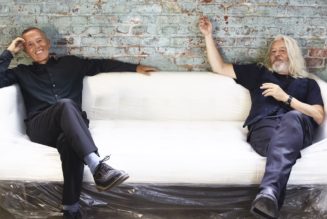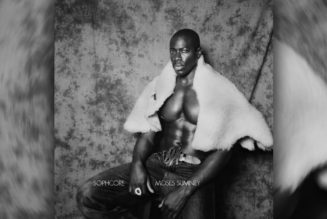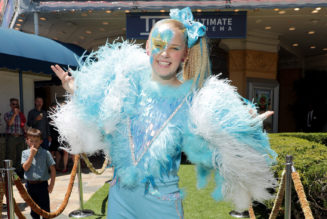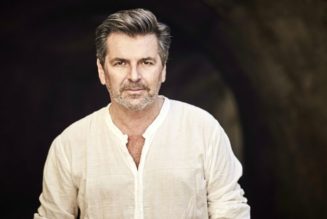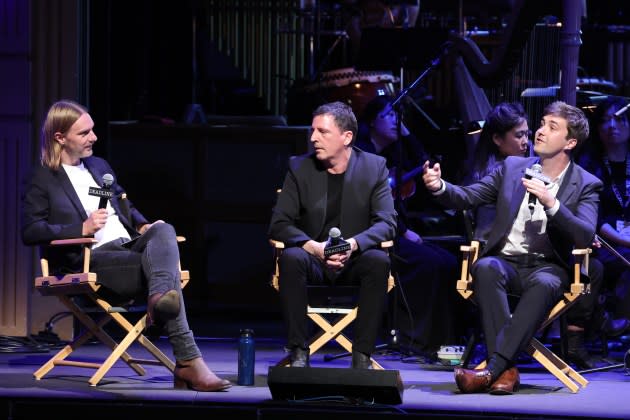
Shōgun music duo Atticus Ross and Nick Chuba joined Deadline’s Sound & Screen Television live-music event to discuss reutilizing archaic styles of music for the FX series.
Based on James Clavell’s novel, Shōgun is set in Japan in the year 1600 at the dawn of a century-defining civil war. Lord Yoshii Toranaga (Hiroyuki Sanada) is fighting for his life as his enemies on the Council of Regents unite against him. When a mysterious European ship is found marooned in a nearby fishing village, its English pilot John Blackthorne (Cosmo Jarvis) comes bearing secrets that could help Toranaga tip the scales of power and devastate the formidable influence of Blackthorne’s own enemies: the Jesuit priests and Portuguese merchants.
More from Deadline
Toranaga’s and Blackthorne’s fates become inextricably tied to their translator, Toda Mariko (Anna Sawai), a mysterious Christian noblewoman and the last of a disgraced line. While serving her lord amidst this fraught political landscape, Mariko must reconcile her newfound companionship with Blackthorne, her commitment to the faith that saved her and her duty to her late father.
With such a intertwined narrative and complex relationships among characters, Ross and Chuba had to think of ways to tie them together musically in a way that the audience could understand.
“Toranaga and Blackthorne all have their own themes that get woven into the story,” said Chuba. “But then they also converge and blend, like Blackthorne and Mariko’s [songs] turn into one theme as the show goes on. I think just getting at the emotional core of these characters and trying to think of it in sort of what just resonates when you’re watching it on screen.”
Ross added that the team didn’t want to just have an understated symphonic collection of Japanese music; rather, they wanted to experiment with a mix of new and traditional sounds. “The worst thing that it could be would be a prestige of Japanese music,” he said. “With any show, it’s really about trying to find what is the voice, what is the heart of the show? And in this case it did. It was through a lot of experimentation with traditional instruments and then stuff we bring to it.”
Chuba turned to Taro Ishida, a professional musician with an expertise in gagaku, a type of imperial court music that stretches back as far as the seventh century. “He introduced us into this whole world of instruments that we had never heard of and we were really excited about,” Chuba said. “We started by giving him sketches and they would improvise over it and then we would take their improvisations and run it through our own chains of effects and then they would improvise over those again. So they’re sort of in a feedback loop of them hearing their sounds, but distorted and turned into the atmospheres and landscapes [on the show]. It was amazing that it was all remote.
“We’re so lucky to have met Taro because he understands, he also works with synthesizers and computers and he was understanding what we were going for, which was not to just re-create period music, but to create this blend that felt alien to the viewer.”
Check back Monday for the panel video.
Best of Deadline
Sign up for Deadline’s Newsletter. For the latest news, follow us on Facebook, Twitter, and Instagram.
